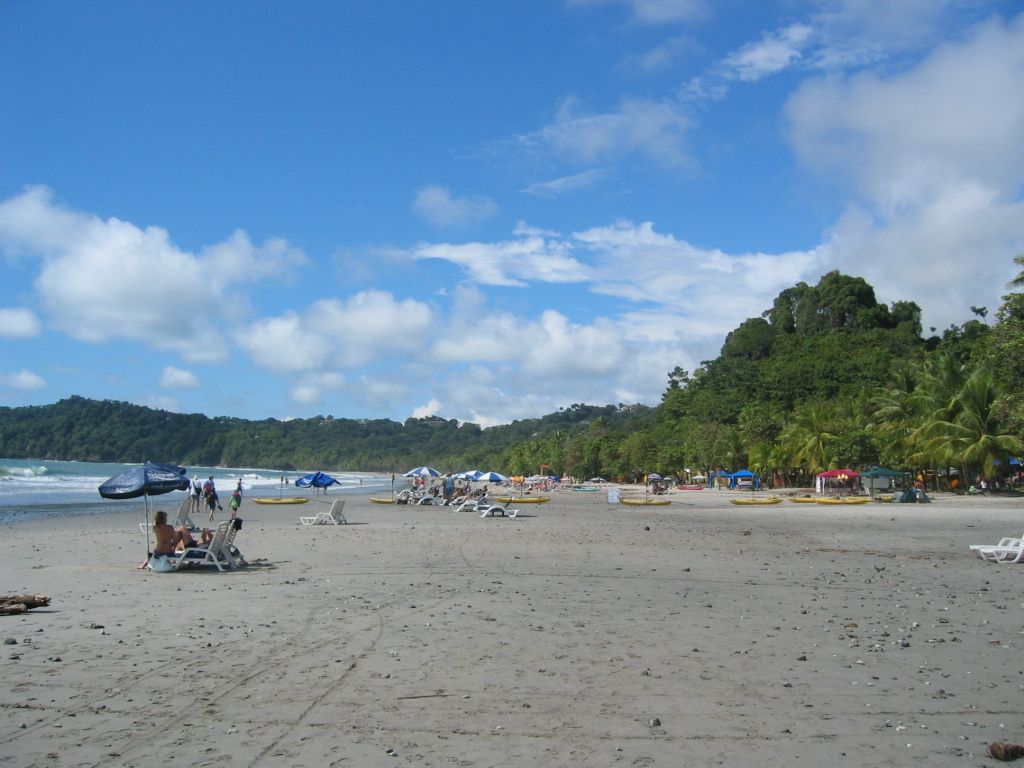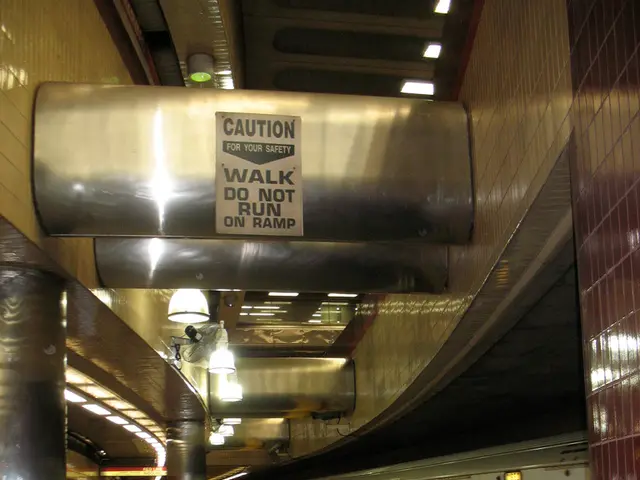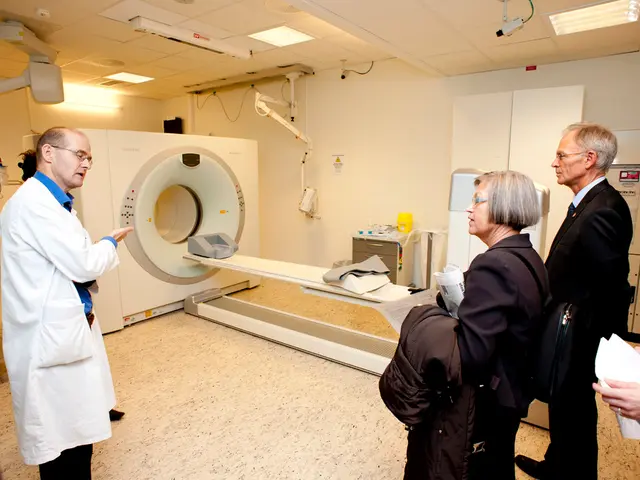Sweating through the workday? Here's The Left's radical plan to cool things down
The progressive factions aim for job expansion.
With the escalating climate crisis, working in sweltering conditions is no longer just an inconvenience - it's a health hazard. That's why The Left party wants to introduce a new measure to protect workers from the heat. In a recent paper, party co-chair Jan van Aken suggested a kind of "heat break" at workplaces, aiming to reduce work hours and ensure better working conditions when the temperatures soar.
Van Aken's plan, titled "Heat protection is occupational safety – act now," proposes that from 26 degrees Celsius at work, the daily workload should be reduced by a quarter. From 30 degrees, only half as much should be worked.
"The climate crisis is long since a social crisis - those who toil under the scorching sun or sit in an overheated office often pay with their own health," van Aken said. "No one can concentrate and work effectively in an office at thirty degrees and above."
In the event of heat stress, health problems can arise for both office workers and those engaged in heavy physical labor, van Aken warned. With the rising temperatures, an extended daily break of ten minutes from 26 degrees Celsius in the office or on the street is necessary, according to the proposal.
The Left party leader is urging the federal government to implement immediate measures by July 2025, tightening the Occupational Safety and Health Ordinance. The proposed changes include extended breaks, the right to sufficient water and sun protection, the right to remote work, and a 25% reduction in full-time work.
At temperatures exceeding 30 degrees Celsius, working hours should be reduced by 50%, with a ten-minute break every half hour, and fans should be set up at the workplace. Van Aken also calls for free sunscreen dispensers on beaches and more water dispensers in cities in the action paper.
The Union and AfD just don't get it
Although The Left's proposal aims to protect workers from the harsh impacts of rising temperatures, the Union and AfD remain unconvinced.
The Union rejected the heat break demand, referring to existing regulations. The Left's initiative is "unrealistic and economically hardly feasible – especially for crafts, care workers, or the public sector," said Marc Biadacz, the Union faction's spokesman on labor and social policy.
The AfD also dismissed the entire Left proposal. "It's not the state's job to dictate to companies how they should behave, but to trust companies to take necessary measures for the benefit of their employees."
On the other hand, the Greens supported "adjusted working time regulations" in the newspaper. "Adjusted heat protection plans are needed depending on the operation," said Andreas Audretsch, deputy chairman of the Green faction.
Keeping cool and safe on the job
Currently, a workplace temperature of up to 26 degrees Celsius is considered tolerable according to technical regulations for workplaces. If the temperatures exceed this, the employer should check whether individual employees are in danger due to the heat. From 30 degrees, intervention is recommended, such as by installing sun shields on windows, providing drinks, or allowing more frequent breaks. A dress code and tie requirement should be relaxed in hot weather conditions.
Construction workers, garbage collectors, or window cleaners cannot easily refer to the room temperature, but there are regulations for employees working outdoors in hot weather. They must be protected from the sun and its effects at the worksite, such as with umbrellas, hats, appropriate cream, and sufficient drinking water.
- The Left party's proposed "Heat protection is occupational safety – act now" policy, which aims to reduce work hours and ensure better working conditions during heat waves, aligns with the broader discourse on climate-change and environmental-science as it addresses the health hazards posed by the escalating climate crisis.
- In line with the science of health-and-wellness and general-news reporting, it is crucial to note that the effects of heat stress can impact both office workers and those engaged in physical labor, calling for prompt action to ensure health safety.
- The issues of employment policy, politics, and occupational safety, as evident in the proposal, are closely intertwined and demanding attention, with parties like The Left advocating for immediate measures to protect workers from heat hazards while others, such as the Union and AfD, exhibit apparent reluctance towards this radical plan.








